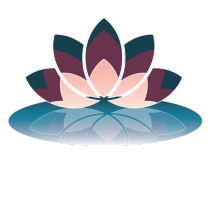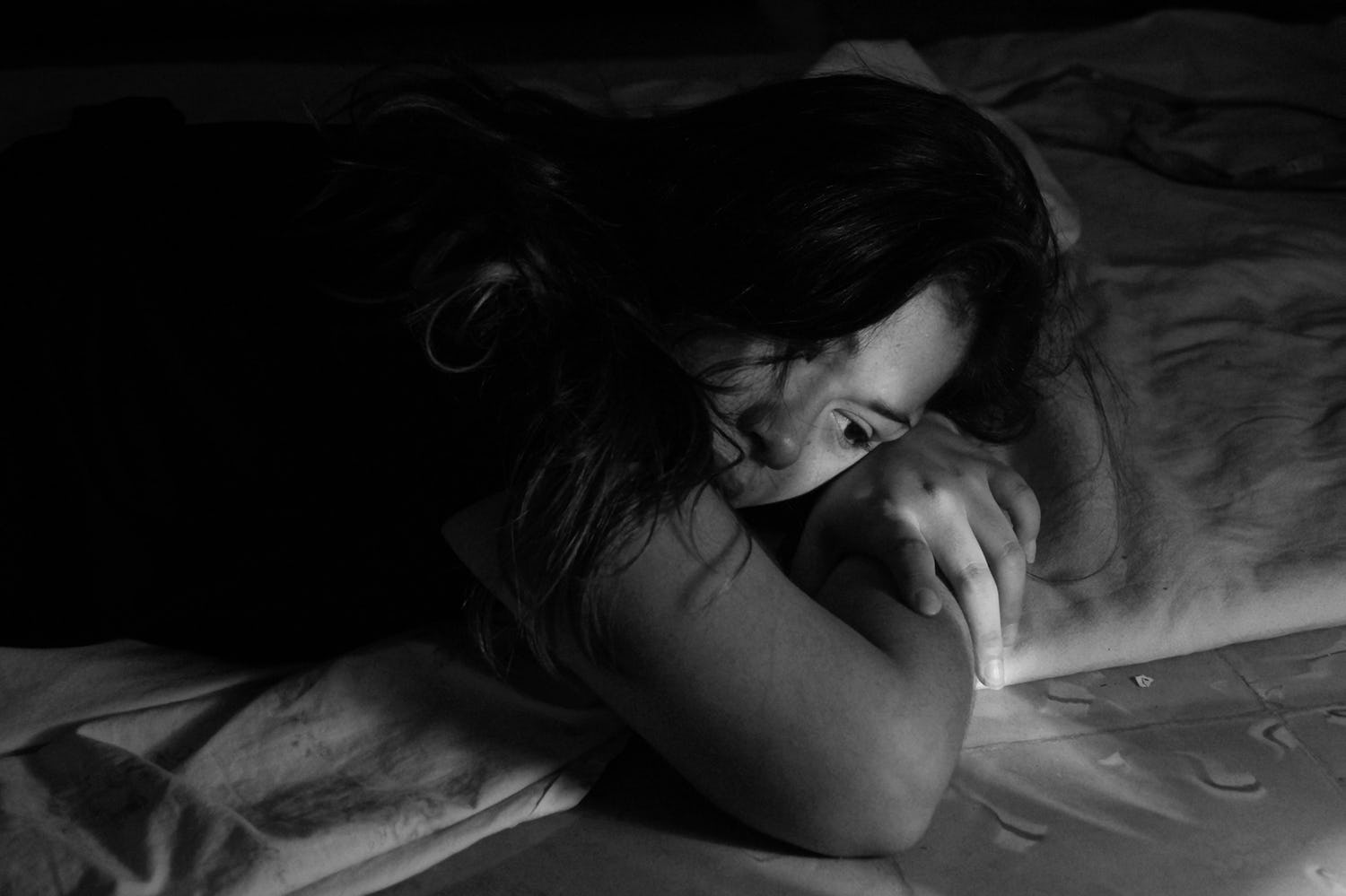Recently, I had the pleasure of contributing to an article written by Laura Cathcart Robbins, from the popular podcast, The Only One in the Room. We explored the relationship between drinking and anxiety for Tempest, the app designed to be a digital recovery solution for people who don’t identify as addicted or alcoholics, or for those who do and don’t want to use traditional methods of getting sober. I answered several questions about the causes of anxiety the day after drinking.
1. Who experiences hangxiety the day after drinking and why?
“Anyone can experience hangxiety after drinking because alcohol changes the brain’s serotonin levels,” says Cusick. “This can dramatically increase anxiety, especially when the alcohol wears off. Increased anxiety is a symptom of withdrawing from alcohol. If you have consumed large quantities and suddenly stop drinking, your anxiety can be aggravated by the side effects of alcohol withdrawal. Another factor to consider is the awful feeling that can come the morning after a night of overindulging. The looming anxiety that comes from trying to piece together events, conversations. Individuals who already suffer from generalized anxiety, social anxiety, panic disorders, depression, or PTSD will be more susceptible to increased anxietythe day after tying one on due to their predisposition.”
2. Why are people who suffer from depression and anxiety more likely to experience hangxiety?
“For people who experience anxiety, one or two drinks may help them feel relaxed and act as a social lubricant. I call this the ‘bump’ we get after one or two drinks,” says Dorn-Medeiros.
In this way, drinking can initially make it seem like symptoms of depression/anxiety have “disappeared” but really they are just being masked. The effects of alcohol are, of course, short-lived and, when they wear off, depression/anxiety symptoms return and sometimes can even feel more severe for a time as a rebound from drinking before our brain can re-balance itself. Of course, for people with severe alcohol use disorder, the brain may be permanently impacted by chronic, heavy drinking.
3. What is it about alcohol that makes you want to drink more?
Cusick explains, “Drinking alcohol triggers the release of endorphins, which is a chemical that produces feelings of pleasure. This explains why you want to drink more. People don’t often realize that alcohol is a depressant because of its misleading initial impact of euphoria. Alcohol is classified as a Central Nervous System depressant which means that it slows down brain functioning by enhancing the effects of the neurotransmitter GABA.”







